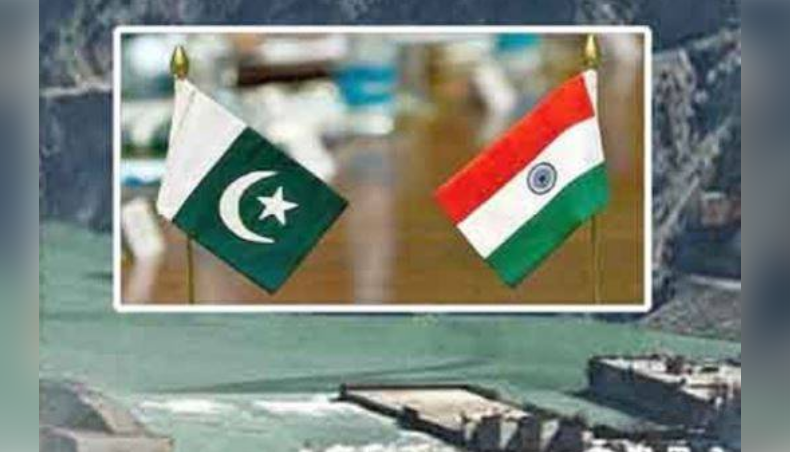New Delhi/ Islamabad (Web Desk): In a sharp escalation of diplomatic tensions following the recent Pehalgam incident, India on Wednesday announced the immediate suspension of the Indus Waters Treaty with Pakistan, a landmark agreement signed in 1960 governing the sharing of water resources in South Asia.
In a series of stringent measures, India has also declared the closure of the Wagah-Attari border and announced a significant reduction in the number of Pakistani diplomatic staff allowed in India, cutting the figure from 55 to 35.
Meanwhile, the Indian government has decided to suspend visa issuance to Pakistani nationals under the under the South Asian Association for Regional Cooperation (SAARC) framework.
All Pakistani citizens currently in India have been ordered to leave the country within 48 hours. The Wagah border crossing, a key route for bilateral trade and civilian movement, will also be shut down.
According to the spokesperson of India’s Ministry of External Affairs, all visas issued to Pakistani nationals are being cancelled.
The Pakistani High Commission staff in India has been directed to return to Islamabad within seven days.
Moreover, India has also part of its diplomatic staff from Pakistan and has declared Pakistan’s Naval and Air Force attachés as “persona non grata.”
The suspension of the Indus Waters Treaty, a cornerstone agreement brokered by the World Bank in 1960, marks a significant deterioration in bilateral relations and could have far-reaching consequences for regional water security and diplomacy.
Experts are calling this a dangerously escalatory step that will not only disrupt official relations but also sever vital people-to-people connections between the two countries.
While the Government of Pakistan has yet to issue an official response, foreign policy analysts suggest that Islamabad may soon adopt a firm stance and raise the matter on international platforms.
According to reports, at least 27 tourists were killed in the shooting by unidentified gunmen in Pahalgam, IIOJK.
In the aftermath of the attack, Indian media began accusing Pakistan of being involved—allegations that Kashmiri leaders have rejected, calling it yet another example of a ‘false flag’ operation conducted by India.


